Organised by the WEEE Forum, a not-for-profit association representing 40 waste electrical and electronic equipment (WEEE) producer responsibility organisations globally, this year’s International E-Waste Day focused on “the crucial part each of us has in making circularity a reality for e-products”. The WEEE Forum marked the day by appealing for the greater reuse of WEEE.
The association estimates that the “worldwide mountain” of WEEE will total an estimated 57.4 million tonnes in 2021 – heavier than the Great Wall of China.
It attributes the growth in WEEE by “3 to 4%” annually to factors including higher consumption rates of electronics (increasing 3% annually), shorter product lifecycles and limited repair options.
Pascal Leroy, director general of the WEEE Forum, said: “Many factors play a role in making the electrical and electronics sector resource efficient and circular. For example, our member producer responsibility organisations collected and secured responsible recycling of 2.8 Mt of e-waste in 2020.
“But one thing stands out: as long as citizens don’t return their used, broken gear, sell it, or donate it, we will need to continue mining all-new materials causing great environmental damage.”
The WEEE Forum called on households, businesses, and governments to ensure devices are recycled through the “appropriate routes”, recovering valuable materials such as gold, aluminium, and copper.
Unwanted electricals
Elsewhere, research published to mark the day by Material Focus, the not-for-profit organisation funded by the WEEE compliance fee, shows that only a third of UK adults recycled their unwanted electricals during the last year.
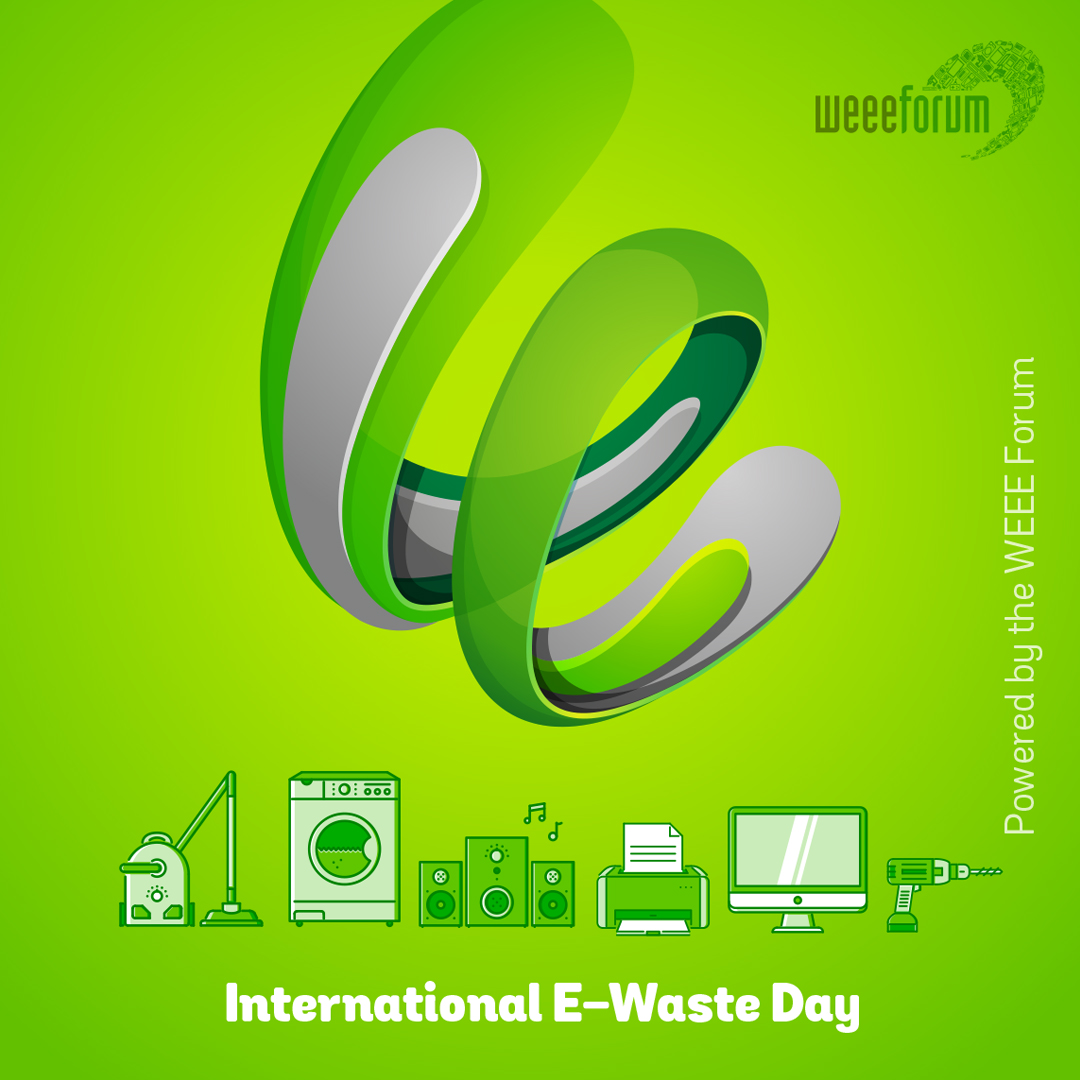
Conducted by Opinium, the research also shows that an even smaller percentage of the population (2%) either mended their electricals or took them to be fixed, while more than 40% of UK adults threw away an electrical item at least once in the last 12 months.
Scott Butler, Material Focus’s executive director, said: “All the unwanted electricals that have either been thrown away or hoarded in UK homes have a huge amount of value. We are losing some of the most precious materials on our planet forever by throwing them away.
“Instead, people could sell them for up to £620, donate to someone in need, or fix them if they are not working. And if none of these options work then we want everyone to recycle their unwanted electricals.”
Opinium conducted its research on 2,000 adults aged over 18 between 24 and 27 August. Results were weighted to “nationally representative” criteria.
Three-dimensional sculpture
Meanwhile, Greater Manchester-based producer compliance scheme REPIC has commissioned students at Manchester Metropolitan University to create a three-dimensional sculpture made exclusively of WEEE to mark the day.
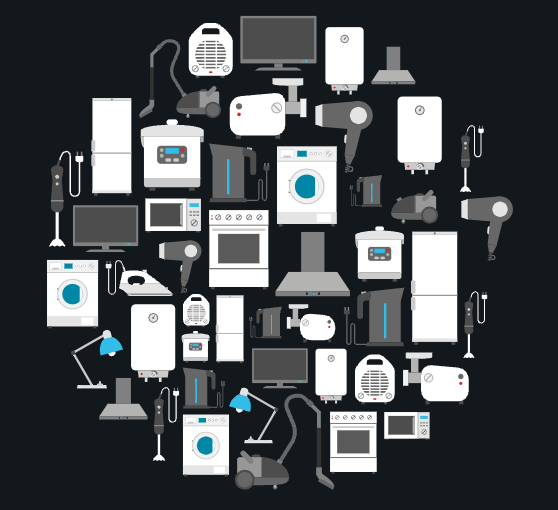
REPIC is a member of the WEEE Forum and says it helped develop the International E-Waste Day campaign.
The environmental artwork will serve as a central focus for REPIC’s outreach, awareness, and promotion events. It will be taken to various exhibitions, conferences, and key events.
The students’ final design needs to inspire people to think about their role in recycling and reusing electricals and the part they play in supporting a more circular economy, the compliance scheme says.
Louise Grantham, REPIC’s chief executive, said: “From this commission we are looking for the creative minds of the talented students at Manchester Met to design a real talking point.
“Previously, The WEEE Man, a seven-metre-tall robot sculpture who found permanent residence at the Eden Project, helped spark conversations and raise awareness around the benefits of recycling electricals and we’re looking to create a similar impact – albeit on a much smaller scale!
“The brief poses a great challenge for the students in marrying a striking design with the need to showcase the potential for reuse and responsible recycling of end-of-life electricals; this allows valuable components and materials to be put back into the production and the supply chain.”
When not on tour, the environmental artwork will have “pride of place” at REPIC’s head office at Waterfold Business Park, Bury.





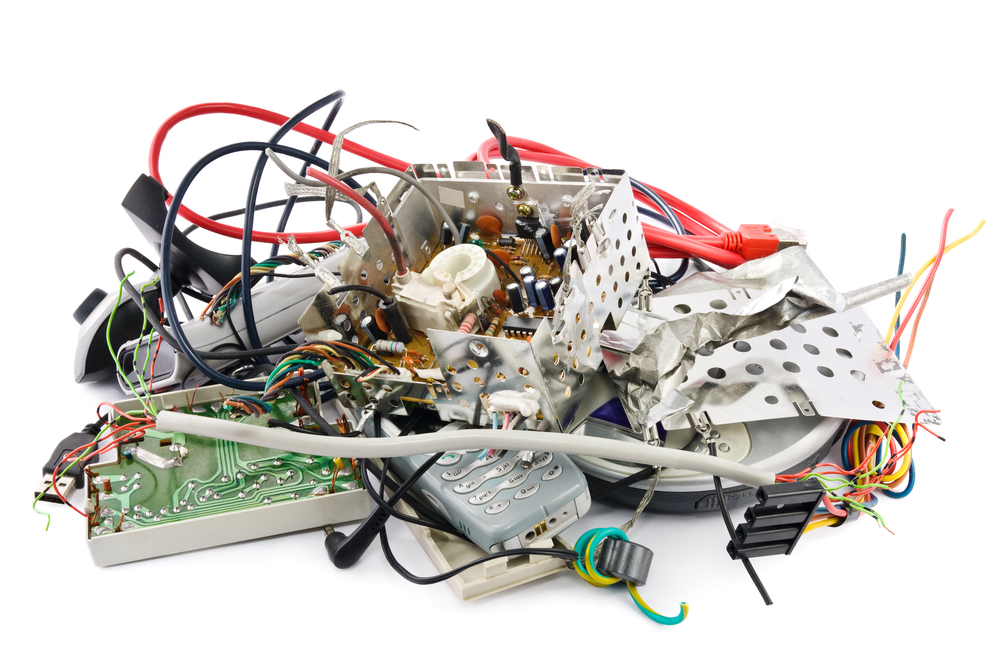
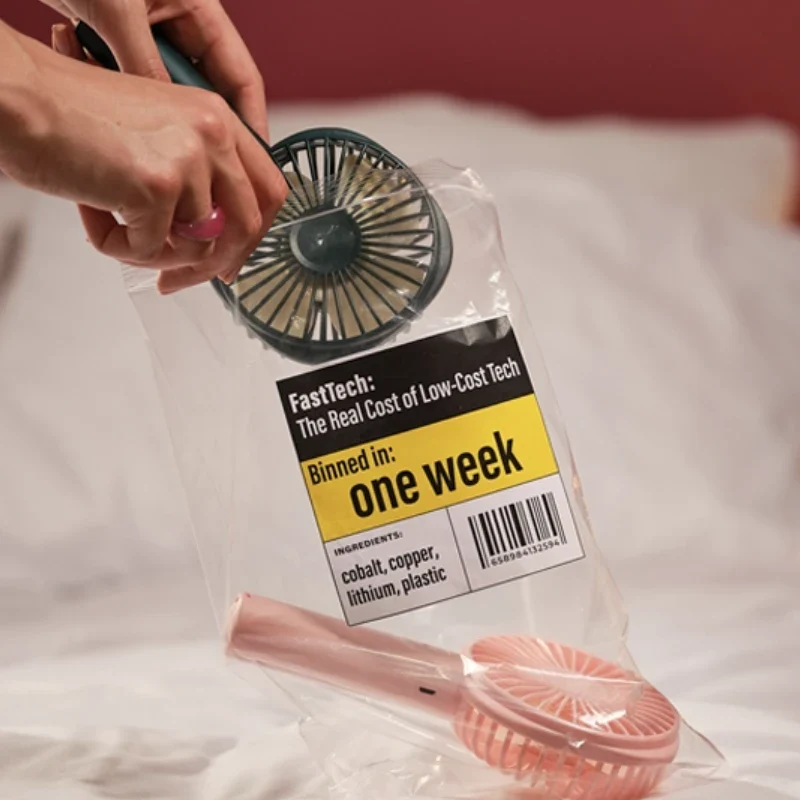
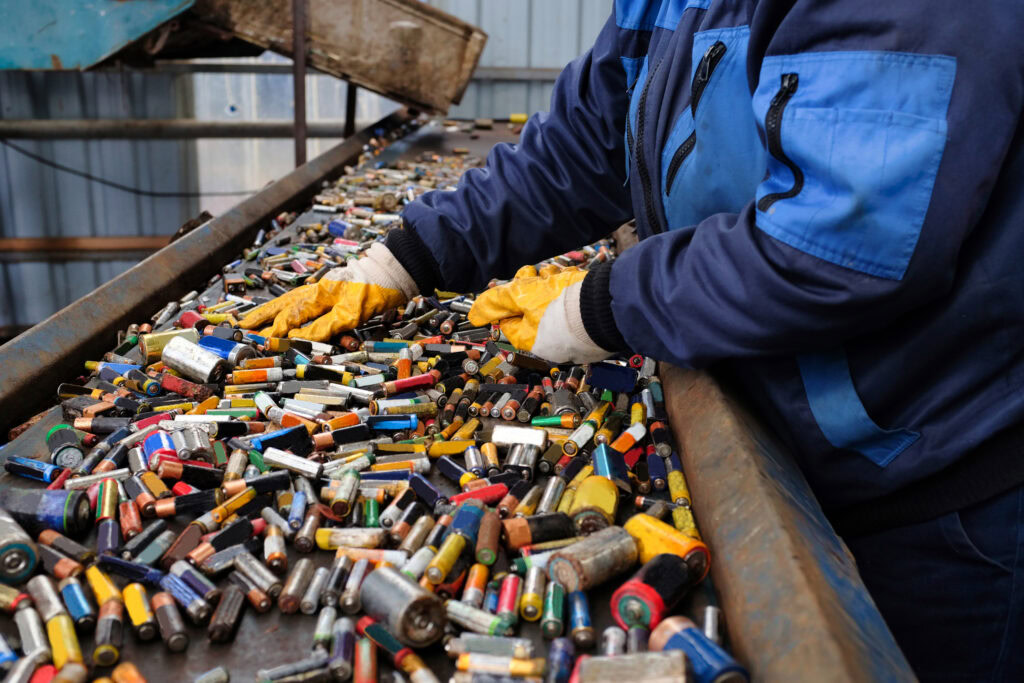
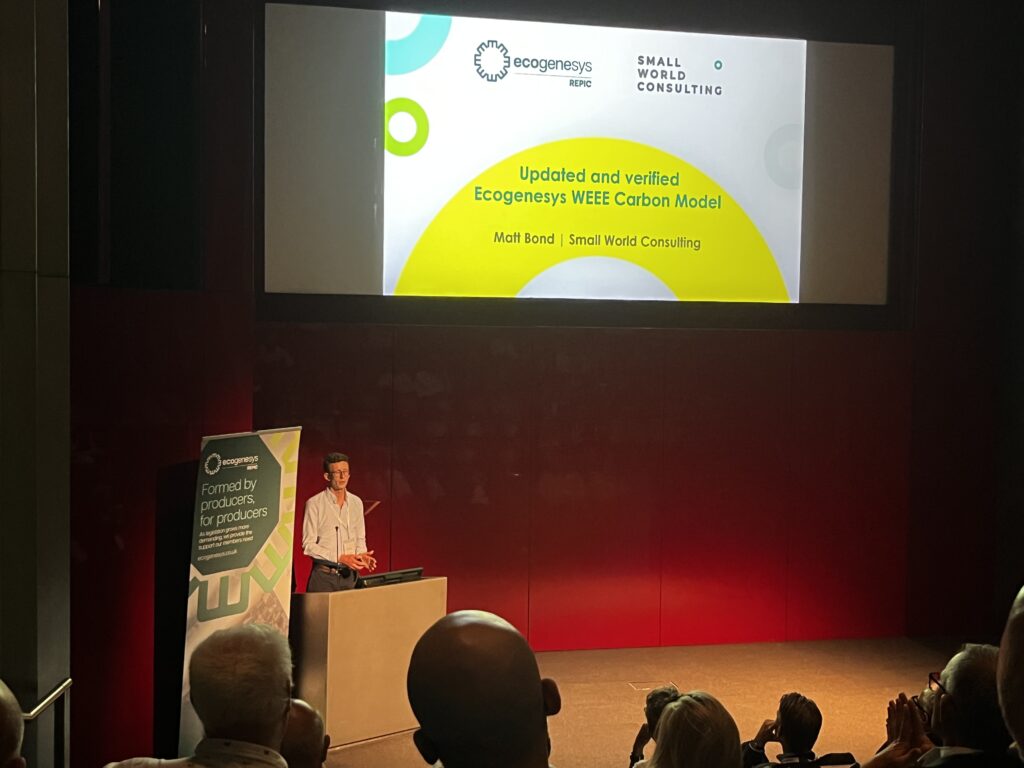
Subscribe for free